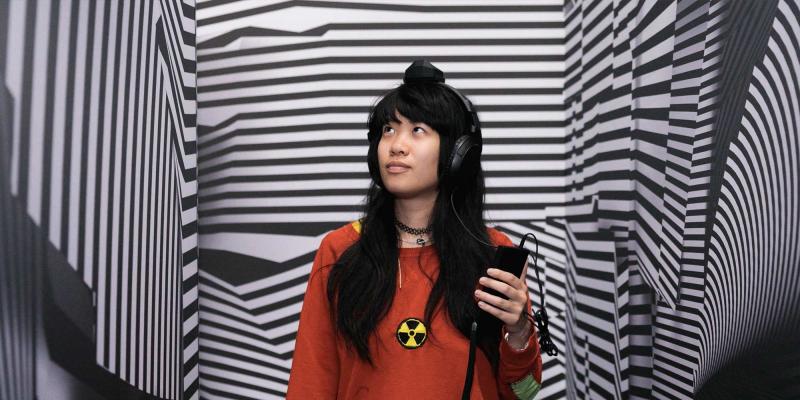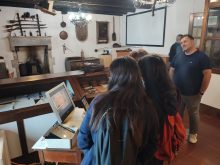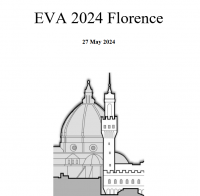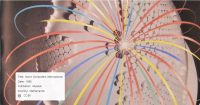DOORS – Digital Incubator for Museum aims to set up a framework for sustainable digital transformations in the cultural sector. The project kicked off in October 2021 and will run until September 2023 conducting a two-stage incubation programme for museums and a comprehensive research plan with public outputs.
The initiators of DOORS – Digital Incubator for Museums are Ars Electronica, MUSEUM BOOSTER and Ecsite – European network of science centres and museums.

image DOORS project
Neanderthal Museum will design more complex and personalised user journeys (IMPAKT.NL [Centre for Media Culture]), services (Univerzitná knižnica Žilinskej univerzity v Žiline (University Library of the University of Žilina)) and cultural offers (Turkcell Diyalog Müzesi / Turkcell Dialogue Museum), or content for non/absent audiences (The Royal Museum of Mariemont, The National Museum of Maps and Old Books). Others seek to engage audiences with innovative visitor experiences, by building bridges between the online and onsite (The Association of Uräjärvi Mansion´s Friends, The Regional Museum Goriški muzej), bringing collections outside out of the traditional museum space (Museo Civico di Vignola “Augusta Redorici Roffi”), or augmenting the exploration of onsite collections with digital content (Arboretum Volčji Potok, Terra Sancta Museum).
Some museums will set the steppingstone for new business models to help them become more resilient and financially sustainable with unique experiences that appeal to new audiences (Computer History Museum), blueprints for digital solutions that can be adopted by other museums (Kaiser Franz Josef Museum, Muzeon – Storytelling Jewish History Museum), an E-shop to support professionals and the museum’s community (The Museum of Urban Wooden Architecture), or a wider range of services (MoLI – Museum of Literature Ireland).
The Natural History Museum and Botanical Garden of the University of Tartu addresses the importance of in-house infrastructure for digitalisation and will roll out an innovative strategy for integrating infrastructure designed to ease the digitisation of collections and create opportunities for expanding their use by reaching wider audiences.
A full list of the pilot projects and their descriptions can be found at: https://ars.electronica.art/doors/en/stage2/






 If you have interesting news and events to point out in the field of digital cultural heritage, we are waiting for your contribution.
If you have interesting news and events to point out in the field of digital cultural heritage, we are waiting for your contribution.























